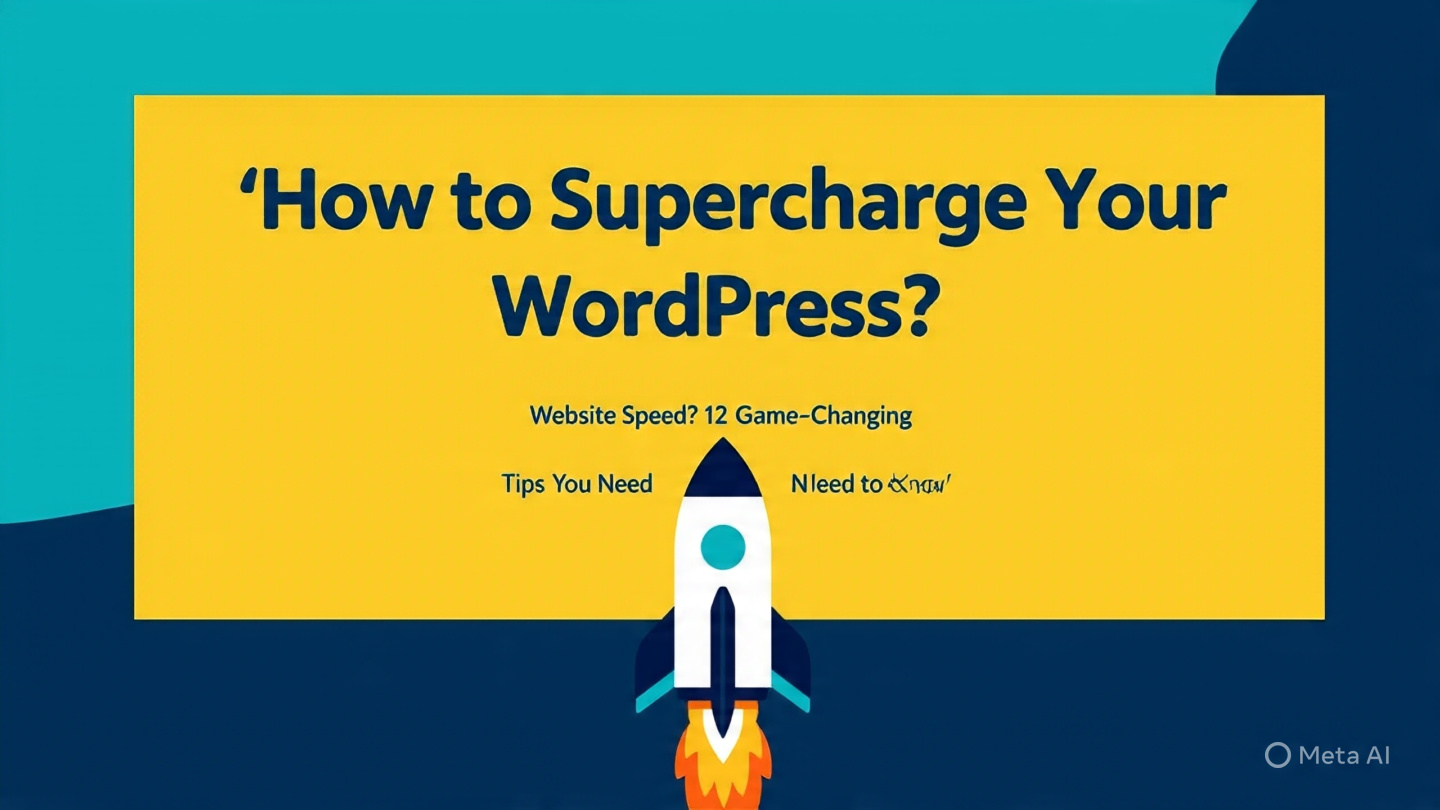How to Improve WordPress Website Speed
Website speed is more than just a technical aspect—it’s a key factor in keeping your visitors happy, boosting search engine rankings, and driving better conversions. If your site loads too slowly, you’re likely losing valuable traffic and potential customers. Don’t worry! Here are simple and actionable ways to speed up your WordPress website and create a smoother experience for everyone.
1. Choose a Reliable Hosting Provider
The foundation of a fast website starts with the right hosting. Here’s what to look for:
- Managed WordPress Hosting: These services are tailored for speed and performance.
- Cloud Hosting: Providers like SiteGround or WP Engine offer excellent options.
2. Pick a Lightweight Theme
Your theme sets the tone for performance. Heavy themes with fancy designs often slow things down. Instead, choose:
- Minimalist Themes: Astra or GeneratePress are great choices.
- Speed-Optimized Themes: Look for themes specifically designed for fast loading.
3. Optimize Your Images
Images can be a major speed killer if not optimized. Here’s how to fix it:
- Compress Images: Use plugins like Smush or ShortPixel.
- Modern Formats: Convert images to WebP for faster loading.
- Right Sizes: Upload images that match your content’s display size.
4. Enable Caching
Caching helps your website load faster by storing a version of your site for repeat visitors. Plugins like:
- WP Rocket: A top choice for easy setup and great results.
- W3 Total Cache: Another popular option for advanced users.
5. Minify Your Code
Extra spaces, line breaks, and comments in your site’s code can add unnecessary bulk. Minify your:
- CSS, JavaScript, and HTML: Use Autoptimize or WP Rocket to streamline your files.
6. Use a Content Delivery Network (CDN)
A CDN speeds up your website by delivering content from servers closest to your visitors. Popular CDNs include:
- Cloudflare: Free and easy to use.
- StackPath: A premium option for advanced needs.
7. Cut Down on Plugins
Not all plugins are created equal. Too many can slow your site. Here’s what to do:
- Audit Plugins: Remove unused or redundant plugins.
- Choose Multipurpose Plugins: Find plugins that handle multiple tasks.
8. Clean Up Your Database
A cluttered database slows everything down. Regularly clean it to keep things running smoothly. Try:
- WP-Optimize: Easy cleanup with just a few clicks.
- Advanced Database Cleaner: Great for more control over what gets deleted.
9. Enable Lazy Loading
Lazy loading delays the loading of images and videos until they’re visible on the screen. This reduces initial load times. Use:
- WordPress Native Lazy Loading: Built into WordPress.
- Lazy Load by WP Rocket: For more control.
10. Keep Everything Updated
Outdated WordPress, plugins, or themes can drag your site down. Always:
- Update WordPress Core: Stay on the latest version.
- Update Plugins and Themes: For compatibility and performance boosts.
11. Enable GZIP Compression
GZIP compression reduces the size of your website’s files, speeding up delivery to browsers. Most caching plugins, like WP Rocket, have this feature built-in.
12. Test and Monitor Your Speed
You can’t improve what you don’t measure. Use these tools to analyze and fix speed issues:
- Google PageSpeed Insights: For detailed suggestions.
- GTmetrix: A favorite among web developers.
- Pingdom Website Speed Test: Quick and simple results.
Wrapping Up
Improving your website speed doesn’t have to be overwhelming. By following these steps, you’ll create a faster, more user-friendly experience that benefits both your visitors and your business. Remember to test regularly, keep things simple, and always put your users first. A fast website isn’t just good for SEO—it’s great for your brand!
Contact Us
Grow Digitals : https://growdigitalss.com/contact-us/
our Instagram : https://www.instagram.com/grow.digitals/


